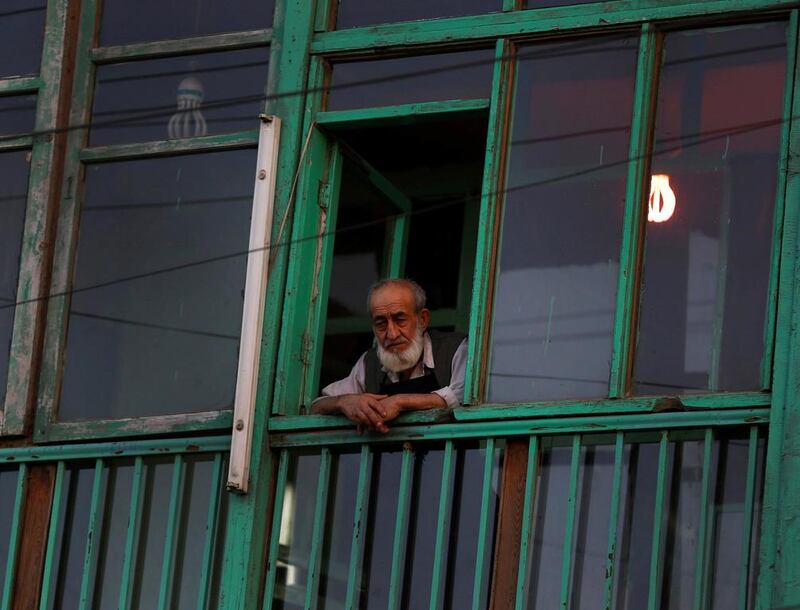Afghan university international relations lecturer and TOLOnews talk show host Muslim Shirzad says the Taliban and Al Qaeda will not re-emerge and hold territory in Afghanistan, but explains why the insurgency will continue. Follow him on Twitter: @MuslimShirzad
The first round of the presidential election showed that the Taliban are not able to control Afghanistan again. There might be the future problem of insurgency, we will have that problem. But overall it is impossible for the Taliban or Al Qaeda to control major areas of Afghanistan.
There will be insurgency and guerrilla war. The Taliban are strong even in areas close to Kabul. But when you talk about an area being controlled by the Taliban or Al Qaeda forces, I don’t think it will be like Mosul in Iraq or somewhere else like that.
It’s clear that US troops will stay until 2016. That’s the first reason that Afghanistan will not share the fate of Iraq. Afghan security forces day by day are becoming more professional. The election period showed that that they have the capacities to extend control over the country. Of course, they do have the problem that they don’t have enough aeroplanes or equipment. Overall, I think these forces are able to control their areas, especially because they know the geography of these places. They are experienced fighters.
I also don’t think that sectarian problems are a big issue in Afghanistan. There will be points of concern between the tribes if Afghan politicians provoke them. But I don’t think there will be major sectarian problems.
There was an attack on a Shiite mosque in Kabul in September 2013. Afterwards some Afghans were worried that sectarianism would become a bigger issue. But it did not. After that people never talked about sectarian issues on social media or other media.
There are problems that need to be addressed. The Taliban cannot be always be defeated in a military way. Some people in some parts of the country want their own version of Sharia.
Working on issues of literacy, health care and education, and the judiciary, are key. Improving these will bring a solution to the insurgency in the south.
Government corruption is a crucial problem.
When a person goes to judicial office in, for instance, Maidan Wardak, there is such corruption, what can they do?
On the other side of that corruption is the Taliban.
A person might go to the Taliban and say, ‘I went to the judicial system and they can’t solve my problem. So you can do it.’ The Taliban sit in a mosque and come up with a solution. They say this is Sharia and you should follow it. And these people do it.
foreign.desk@thenational.ae
Listen to Faisyal AliKhan describe voting in the final round of Afghanistan’s presidential election.





